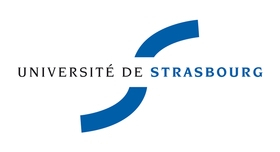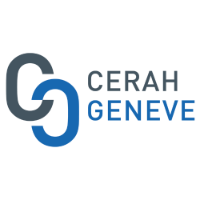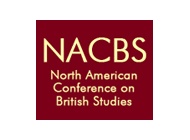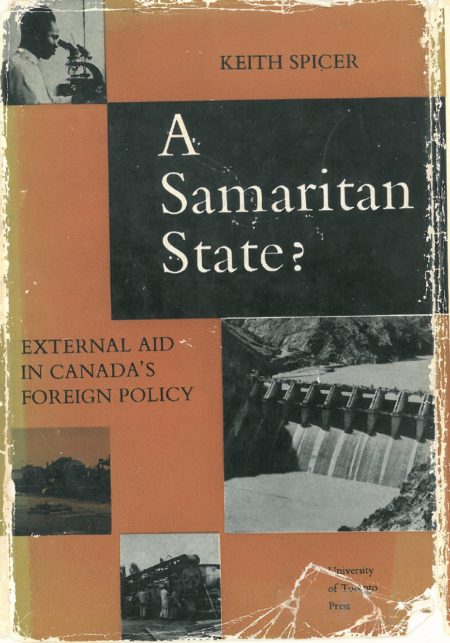original post on H-Diplo by Mélanie Torrent
The African Commonwealth : perceptions, realities and limits (new deadline / new dates)
14-15 November 2019
Institute of Political Studies, Strasbourg
The next Commonwealth Summit, due to be held in Kigali in 2020, promises to give Africa new visibility in the politics of the governmental delegations and civil society organisations which will converge in Rwanda. The youngest member of the Commonwealth, having joined in 2009, a joint member of the Francophonie whose secretary general is now former Rwandan Foreign and International Cooperation Secretary Louise Mushikiwabo, and an active player in global, continental and regional dynamics, Rwanda will be an important space for the Commonwealth to show that it is an attractive multilateral organisation for the 21st century – and for observers to assess this critically. On Africa, beside a number of success stories, the ongoing “Anglophone crisis” in Cameroon will raise difficult but urgent questions. More generally, the renegotiation of the Cotonou Agreements and the question of the Economic Partnership Agreements, the redefinition of the UK’s relations with the overall Commonwealth (including in the current uncertain context of Brexit) and the interest shown by African states in either re-entering (Zimbabwe) or joining (Togo) the Commonwealth also makes a re-assessment of the meaning of the Commonwealth in Africa and for Africa an important and timely issue. Continue reading








